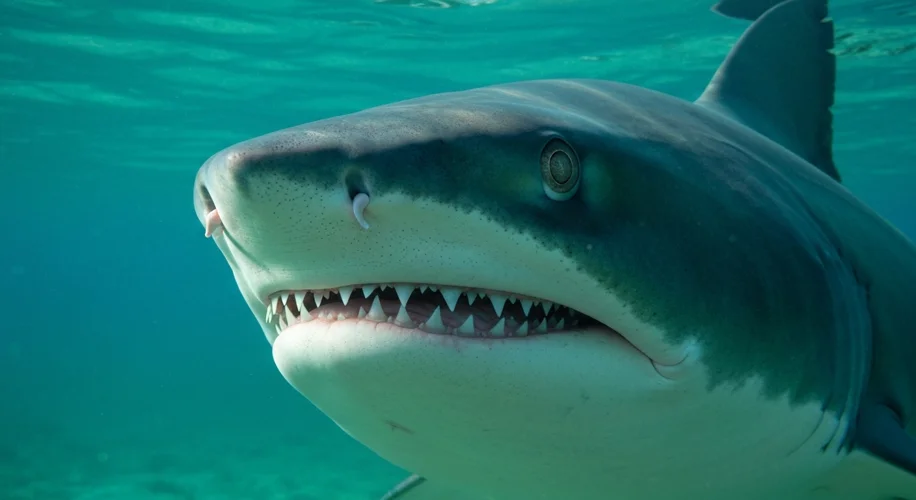Did you know that the ocean is getting more acidic? It sounds strange, but it’s true, and it’s happening because of increased carbon dioxide (CO2) in our atmosphere. When CO2 dissolves in seawater, it changes the water’s chemistry, making it more acidic.
This isn’t just a minor shift; it’s a significant change that has profound implications for marine life, and one of the most startling impacts is on sharks. While the headline from the Indian Defence Review might sound dramatic, the science behind it is fascinating and a little concerning.
What’s Happening to Sharks’ Teeth?
The core issue is ocean acidification. As the ocean absorbs CO2 from the air, its pH level drops. This change affects the building blocks of many marine creatures’ shells and skeletons, like corals and shellfish. But it also impacts organisms with teeth, like sharks.
Sharks, like many fish, develop their teeth throughout their lives. They lose and regrow them constantly. However, studies suggest that the changing ocean chemistry can make it harder for sharks to properly form and maintain their teeth. Some research indicates that the acid in the water can actually affect the mineral structure of their teeth, potentially making them weaker or more brittle.
Why Does This Matter?
Sharks are apex predators, meaning they sit at the top of the marine food web. Their role is crucial for maintaining the balance of ocean ecosystems. Strong teeth are essential for them to hunt, eat, and survive. If their teeth are compromised, it could affect their ability to feed, which in turn can have a ripple effect throughout the entire ocean.
Think about it: if a shark can’t effectively hunt its prey, the populations of those prey species might increase. This can lead to overgrazing of certain marine plants or a depletion of other smaller fish. It’s a complex web, and the health of even one species, especially a predator like a shark, is vital.
The Bigger Picture: Interconnected Ecosystems
This isn’t just about sharks. Ocean acidification is a global problem that affects countless marine organisms. It’s a stark reminder of how interconnected our planet’s systems are. The CO2 emissions we produce on land directly influence the health of the oceans and the creatures within them.
As someone who studies climate science, I’m always looking at the broader consequences. What happens in the ocean doesn’t stay in the ocean; it affects everything from global weather patterns to the food we eat. The idea of sharks losing their teeth due to our actions is a powerful illustration of how our choices have far-reaching, often unexpected, environmental impacts.
What Can We Do?
The root cause is increased CO2. So, the most impactful actions involve reducing our carbon footprint. This can mean supporting renewable energy, making more sustainable transportation choices, and advocating for policies that address climate change.
It’s a complex challenge, but understanding these intricate connections, like the impact of acidification on shark teeth, helps us appreciate the urgency and the importance of protecting our planet. Every species plays a role, and ensuring their health is, in turn, ensuring our own.

